Journalists come to the Journalists’ Solidarity Center (JSC) in Zaporizhzhia to work, receive advice on legal, psychological, and social issues, or for technical assistance. Sometimes, they even come just to exchange news or share fresh ideas about events that could be useful to hold.
“Our co-working space already has a lot of regular visitors,” says Nataliya Kuzmenko, the co-coordinator of the JSC/head of the regional organization of the National Union of Journalists of Ukraine (NUJU)/honored journalist of Ukraine.
“They come to work or solve a problem and stay in the team, become participants in our trainings, round tables, press conferences, and art therapy events. First, this shows the authority and trust among colleagues within the JSC. But it is even more pleasing that many young journalists actively attend the co-working space and join the work of the JSC.
Assistance when it’s needed
Every month, the JSC organizes and issues humanitarian kits to everyone who needs support. Also, with the support of the NUJU, which actively cooperates with UNESCO and other international foundations, material assistance is provided to journalists.
For example, when the JSC co-coordinators found out that three young correspondents of the popular Zaporizhzhia-based website 061, namely Kateryna Klochko, Yelvira Shagarbuddinova, and Andrii Zadorozhniuk, had to work without pay for several months, but, despite that, prepared materials from hot spots, they decided to help the guys with some funding.
At the request of the JSC, the NUJU provided financial assistance to these young journalists and Kateryna Shevchenko, a correspondent for the Investigation Center website, who found herself in similar circumstances.
“We are sincerely grateful for the support; it helped us survive challenging times,” says Kateryna Shevchenko. “We have not left Zaporizhzhia residents without news for a single day. And it’s not just about money, although they helped us a lot back then. And also in the feeling that you are “not alone,” that journalistic solidarity is a real force, and that journalists are important. Since then, we have been actively cooperating with the JSC,” adds Kateryna.
In addition, the journalist accepted the offer of the leadership of the regional journalistic organization to lead its youth wing.
“We already have a considerable replenishment of young journalists in our ranks,” said Kateryna Shevchenko.
At one time, the JSC helped Melitopol journalist Svitlana Zalizetska, whose father was taken hostage by the Russian invaders. Knowing about her active pro-Ukrainian position, they demanded Svitlana‘s return to Melitopol.
The father was freed thanks to the active support of the NUJU and the regional journalistic organization. Svitlana found a job in Zaporizhzhia, participates in the activities of the JSC, and works in a co-working space if necessary.
Psychological support
Maryna Korobets, a correspondent for the Vechirnie Zaporizhzhia newspaper, was brought to the JSC by great grief: her husband, a well-known Zaporizhzhia journalist Maksym Korobets, suddenly died. Here, the journalist was provided with psychological and material assistance. In many cases, grief shared with friends is not so soul-crushing. Therefore, Maryna was immediately involved in the JSC‘s work.
“The support and help of the Journalists’ Solidarity Center and the colleagues who rallied around it became a life-giving force for me. It helps me survive grief and return to my favorite profession. The very idea of creating such Centers is beautiful and timely. Thanks to NUJU‘s fruitful cooperation with UNESCO, other foreign partners, and their great charitable help, for us, they have become not only co-working spaces for journalists but also real invincibility centers,” Maryna Korobets emphasized.
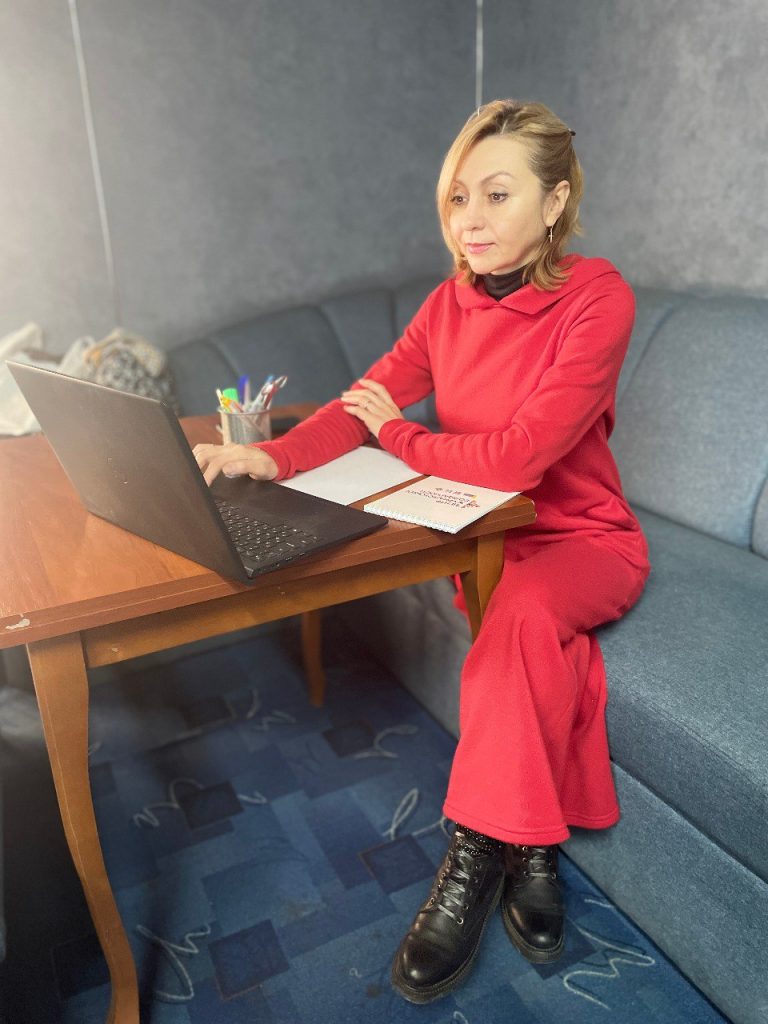
Call the Zaporizhzhia Journalists’ Solidarity Center by dialing 096 277 5352 (Nataliya Kuzmenko, the Center’s co-coordinator), Address: 152 Sobornyi Avenue.
As earlier reported, the Journalists’ Solidarity Centers is an initiative of the NUJU implemented with the support of the International and European Federations of Journalists and UNESCO. The initiative is designated to help media representatives working in Ukraine during the war. The Centers operate in Kyiv, Lviv, Ivano-Frankivsk, Chernivtsi, Zaporizhzhia, and Dnipro and provide journalists with organizational, technical, legal, psychological, and other types of assistance.
UNESCO is the United Nations Educational, Scientific, and Cultural Organization. It contributes to peace and security by promoting international cooperation in education, sciences, culture, communication, and information. UNESCO promotes knowledge sharing and the free flow of ideas to accelerate mutual understanding. It is the coordinator of the UN Action Plan on the Safety of Journalists and the Issue of Impunity, which aims to create a free and safe environment for journalists and media workers, thus strengthening peace, democracy, and sustainable development worldwide. UNESCO is working closely with its partner organizations in Ukraine to provide support to journalists on the ground.
The designations employed and the presentation of material throughout this digest do not imply the expression of any opinion whatsoever on the part of UNESCO concerning the legal status of any country, territory, city or area or its authorities or concerning the delimitation of its frontiers or boundaries.
The authors are responsible for the choice and the presentation of the facts contained in this digest and for the opinions expressed therein, which are not necessarily those of UNESCO and do not commit the Organization.
Valentyna Bystrova
Photo: Dariya Zyrianova

 THE NATIONAL UNION OF
JOURNALISTS OF UKRAINE
THE NATIONAL UNION OF
JOURNALISTS OF UKRAINE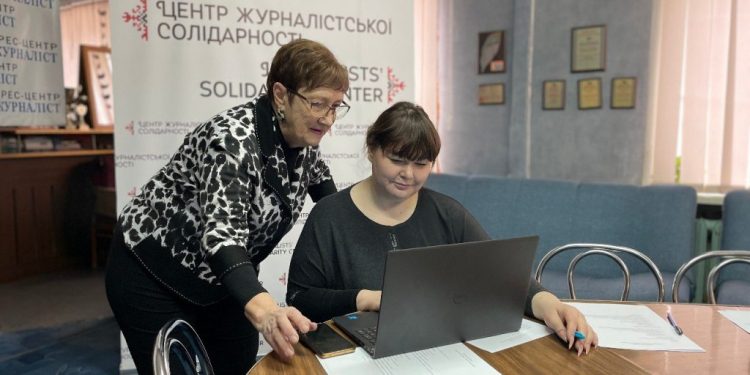
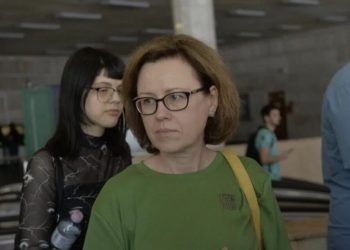
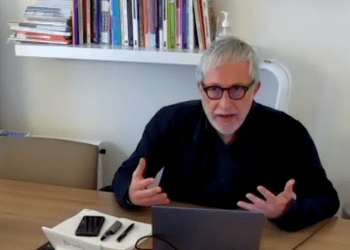
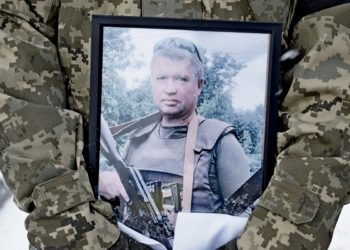













Discussion about this post